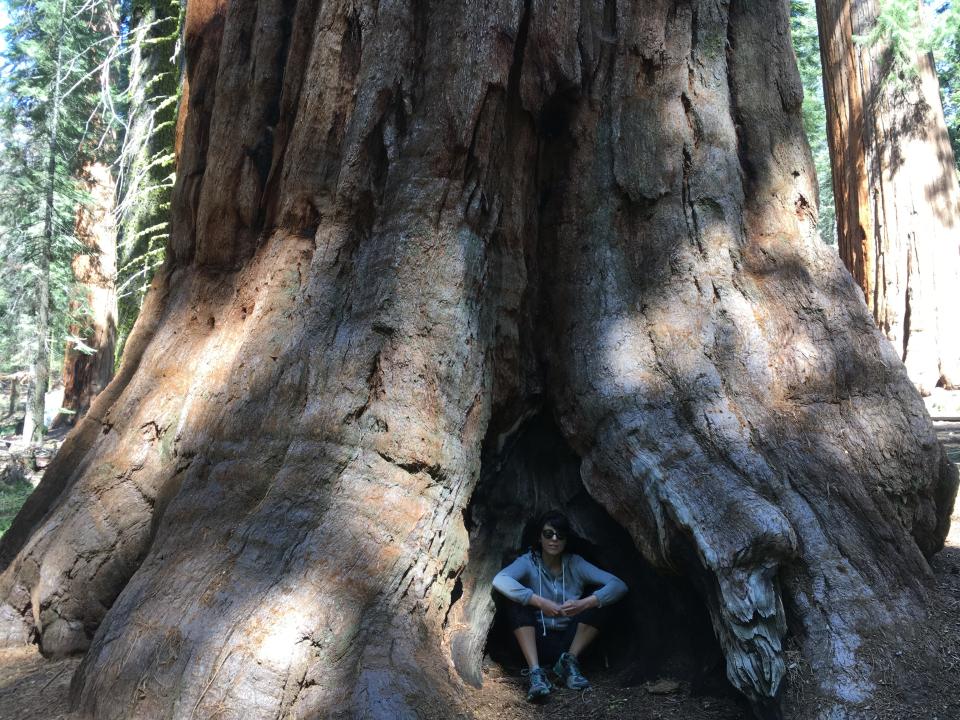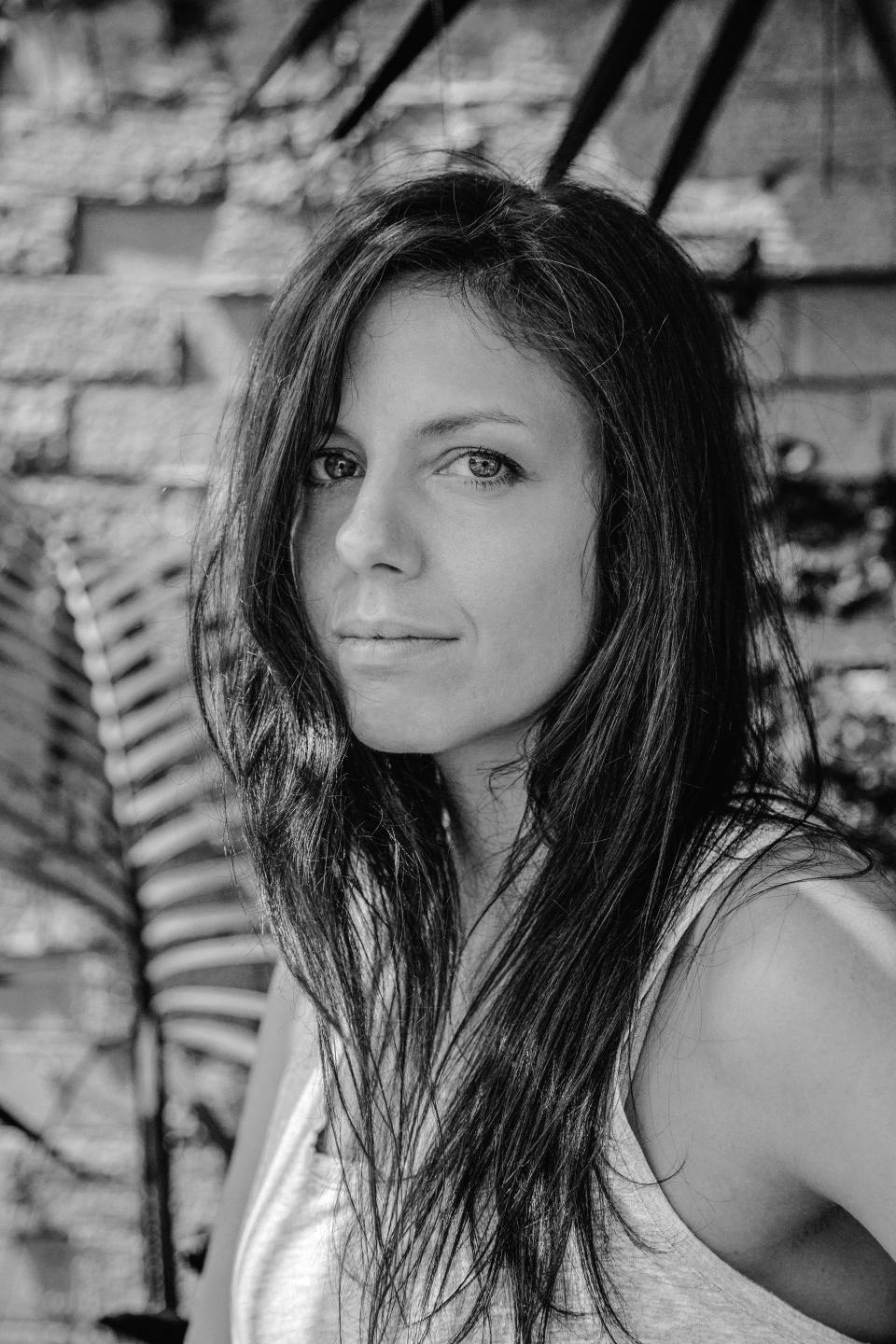Oregon towns ravaged by fires: Just a spot on a map to many, but a home of memories to me
Opal Creek is gone. Breitenbush is burning. Silver Falls is vulnerable. These were some of the many distraught messages that came to me this fall, as my home state of Oregon burned. Each proper name brought a wave of associations: How it feels to sit on the bank of the Santiam River at dusk; the smell of wet moss and red cedar bark at Jawbone Flats; the particular wonder of looking up into those stands of old growth and feeling dwarfed and outside of time.
Proper names have the power to cast that kind of spell, but if your body has never been in the places the names represent they’re just words on a screen. The loss is impossible to describe to anyone who did not know them, just as when a loved one dies. And, as with any sudden death, I am wracked with feelings of guilt and regret. Why didn’t I visit the last time I was in town? Why didn’t I ask if I could I help, before it was too late?
As I looked out my window in Seattle, where the smoke of those cremated forests made the air hazardous to breathe, I was haunted by a lesson the author Frank Ostaseski learned during his long tenure as a Hospice worker: Don’t wait. Don’t wait to live, to make amends, to give thanks to those you love.
Making deserts bloom again
While researching for a book, I’ve spent the last five years talking to people in the business of rehabilitating poisoned landscapes, people who have helped man-made deserts bloom again, who’ve reversed the effects of drought, and prevented catastrophic fire through low intensity burning.

One of those people is Ron Goode, an elder of the North Fork Mono tribe in California. I had the good fortune to spend an afternoon with Ron in the Sierra Nevada, in a meadow he’d helped to rehabilitate through a partnership between his tribe and the United States Forest Service. The land was more or less a tinder bundle when they started, overgrown with parched conifer, brush, and discarded appliances. Volunteers loaded out the trash, then Ron set a cultural burn to clear the debris and saplings that were soaking up the moisture and shading out riparian plants.
Borders can't contain climate change: California’s crisis is a world management issue
Fifteen years later, site inventories conducted by volunteers show that close to 100 native edible, medicinal, and cultural plants had returned to the meadow, along with butterflies, mammals, birds, and a natural spring. The meadow held snowmelt coming out of the mountains like a giant sponge, helping to prevent drought and acting as a firebreak.
Don't wait to save the places you love
Of all the helpful people I spoke to, not one was rich, or draped in Ph.D.s. Not one was a rocket scientist. They simply did not wait for someone else to restore the land. Their efforts were predicated on a simple but radical premise: Humans are not only capable of being beneficial contributors to the earth, it is our birthright, no less than a stream or a fir tree or a bee.

I don’t know the proper names of the places you love, but I hope you won’t make the same mistake I did. Don’t wait to help that place become more resilient to the threats ahead. Don’t wait for an election to save what you cherish, or for corporations to grow a conscience. The earth does not depend on our guilt or dread or feelings of helplessness, it depends on our love.
Toxic outside, contagious inside: Fire and COVID rage all around me. Can't we do better?
Whenever these fires are extinguished and the smoke clears, there will be work for us to do. There are people who can teach us how to do that work, how to mitigate the damage and sow new life in the ashes. We can do it together, wearing masks, six feet apart. There’s no time like the present.
Lisa Wells is a poet and nonfiction writer from Portland, Oregon. Her debut collection of poetry, "The Fix" (2018), won the Iowa Poetry Prize. She lives in Seattle and is an editor for The Volta and Letter Machine Editions. Her nonfiction book "Believers: Making a Life at the End of the World" will be published by FSG in 2021.
You can read diverse opinions from our Board of Contributors and other writers on the Opinion front page, on Twitter @usatodayopinion and in our daily Opinion newsletter. To respond to a column, submit a comment to letters@usatoday.com.
This article originally appeared on USA TODAY: Oregon fires devastate real places, not merely pins on a map


